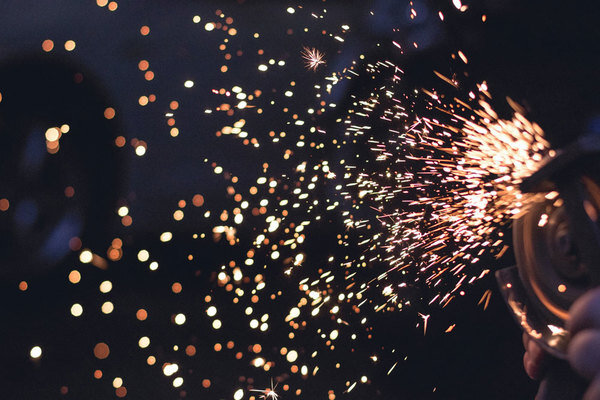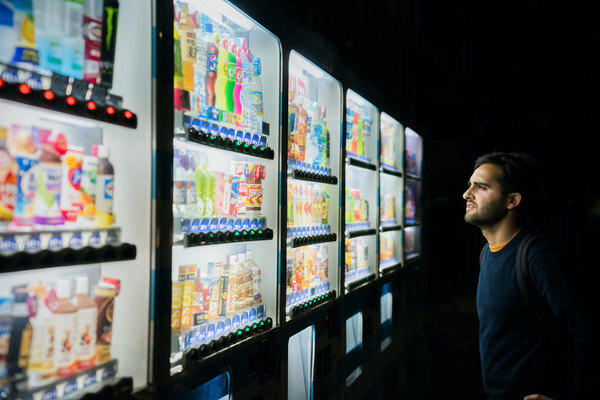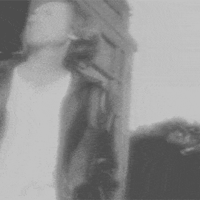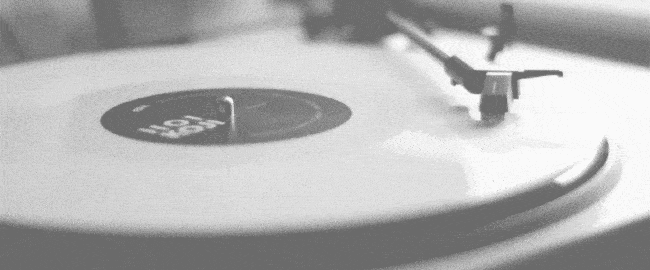
(Jakub Skafiriak/Unsplash)
This week has been an interesting week for me, as I managed to start it with an appearance on BBC Radio, which is not something that I’ve ever been able to say before. The show, The Digital Human, was focused on novelty during that episode, and one of the things about that experience that I loved was that it got me, personally, thinking more about the idea of novelty in general, a topic that I clearly do a lot with.
One of the problems with novelty in this day and age is over-stimulation. Think about what it was like back in the ’90s, go into a record store and buy a new CD. As consumers, we were exploited, but back then, it was kind of a warm feeling, right?
Now try scrolling through Spotify or Tidal and see if you feel anything even comparable. Nope.

This image, except everything under the sun is in the vending machine. (Victoriano Izquierdo/Unsplash)
Napster was kind of like this, because the element of instant discovery was brand new—the ability to basically find any song on the planet, download it and listen to it, whether or not it was actually who it said it was. (I remember when a “Gin and Juice” cover by Phish took over the network even though it wasn’t Phish.)
But now that every interaction is like Napster, none of it is really surprising anymore. There’s simply too many options out there to make it feel at all novel.
And this is kind of the same thing that we see across forms and mediums. We get overwhelmed by choice when we use Netflix, so ultimately, Netflix has to guide our decision-making for us.
Information does not have a problem of scarcity like it once did—and as a result, the novelty from most non-human interactions is gone. We no longer have to guess whether we know something; we can simply find the answer by typing in a few characters.
So, ultimately, we look for the optimized narrow focus, the thing that we didn’t know about previously, but that keeps us interested. And honestly, it’s harder to find now than when Napster first put it on a platter for us two decades ago.
I think that in many ways, my job has always been about highlighting what’s still out there, with no real concern if it’s cool or even normal. Just different. (After all, writing about screw thread standards requires a different perspective on the world.) Often, I will be the guy to help make them care about a specific concept.
In my interview with the BBC, one of the things that I emphasized was the idea of being curious about things that seem obvious, and I think in a lot of ways, that’s how we get out of this trap of nothing seeming novel anymore.
Perspective is a big thing right now. Our sensors have been getting flooded with information every minute for the last two decades. The flood has gotten faster over time. Now, it’s raging. Perhaps we need to look at the things in front of us with more depth to get something out of them again.
Perhaps we need to move past what used to stimulate our brains and find something that no algorithm can reach.
Time limit given ⏲: 30 minutes
Time left on clock ⏲: 3 minutes, 29 seconds



